Shutdown Academy
60 mins
Documenting Human Rights Violations During Internet Shutdowns

- Abstract:
- This course provides guidance on how to safely and effectively document human rights violations with video during internet shutdowns. Aimed at grassroots activists, the course provides practical advice that individuals or small organisations with limited resources can enact.
- About this course:
- Authoritarian regimes, with the cooperation of telecom companies, are increasingly turning to internet shutdowns as a tactic to repress their populations, prevent mobilisation, and stop information about human rights violations from being documented and shared. WITNESS has worked with communities directly affected by shutdowns for many years, and has learned important tips, techniques and strategies from actors on the ground. We share resources in multiple languages to support human rights documentation efforts across the world.
- What do I learn:
- This course is intended to provide individuals and groups with practical tips for continuing to document human rights violations with video in spite of internet shutdowns. In each chapter, the course shares techniques and tools to help keep documenters safer and help ensure that their documentation is preserved, verifiable, and can reach others, even without internet access.
- What do I need to know:
- This course does not require any specialized knowledge, but it does focus specifically on aspects of video documentation that are impacted by internet shutdowns rather than on video documentation more generally.
Trainers
- 1.1 Introduction to course1.2 Why video documentation as evidence is important1.3 Video documentation as evidence
- 2.1 Set up your phone for offline documentation2.2 Basic phone security2.3 Additional tip for obscuring your apps or documentation2.4 Choosing documentation apps - Questions to ask yourself2.5 Installing / sharing apps without internet2.6 Reminder: prepare while you have internet access2.7 Case study: How do Ugandan activists prepare for internet shutdowns?
- 3.1 Intro - challenges to maintaining verifiable video during a shutdown3.2 How to make your video more verifiable3.3 Backing up your media without internet or a computer3.4 Case study: Preserving evidence during internet shutdowns in Latin America3.5 Video as evidence of abuse during presidential elections in Uganda, Adebayo Okeowo3.6 Maintaining verifiable video during a shutdown
- 4.1 Sharing with Bluetooth, Wifi direct, and nearby share4.2 Using a wireless drive or wireless network4.3 Using P2P tools for communication and sharing4.4 Circumventing blocked sites: VPNs and DNS servers4.5 Circumventing internet shutdowns in with Cuba and other countries in Latin America4.6 Countering state violence and false government narratives in Colombia
- 5.1 Wrap up video5.2 Course survey
Related courses
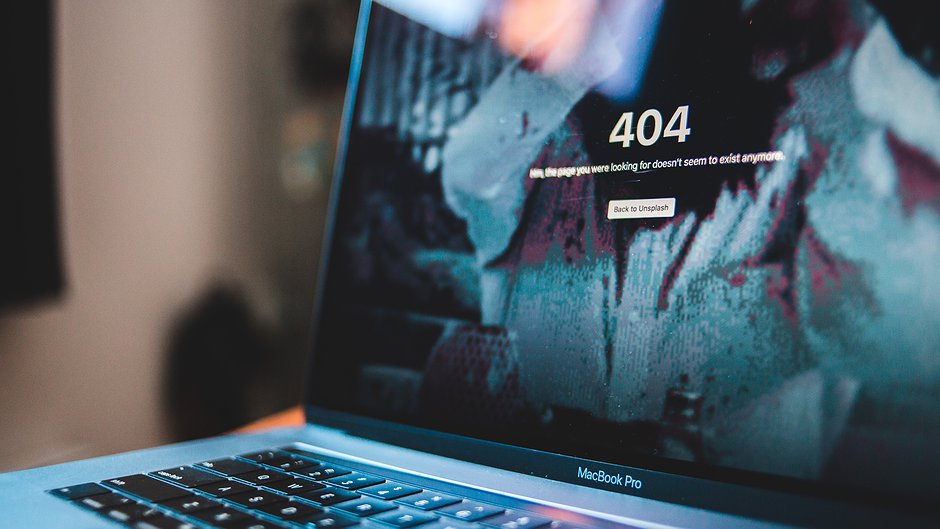
90 mins
Shutdown Academy
Measuring Internet Censorship with OONI tools and Open Data
 Open Observatory of Network Interference (OONI)
Open Observatory of Network Interference (OONI)
90 mins
Shutdown Academy
Measuring Internet Censorship with OONI tools and Open Data
 Open Observatory of Network Interference (OONI)
Open Observatory of Network Interference (OONI)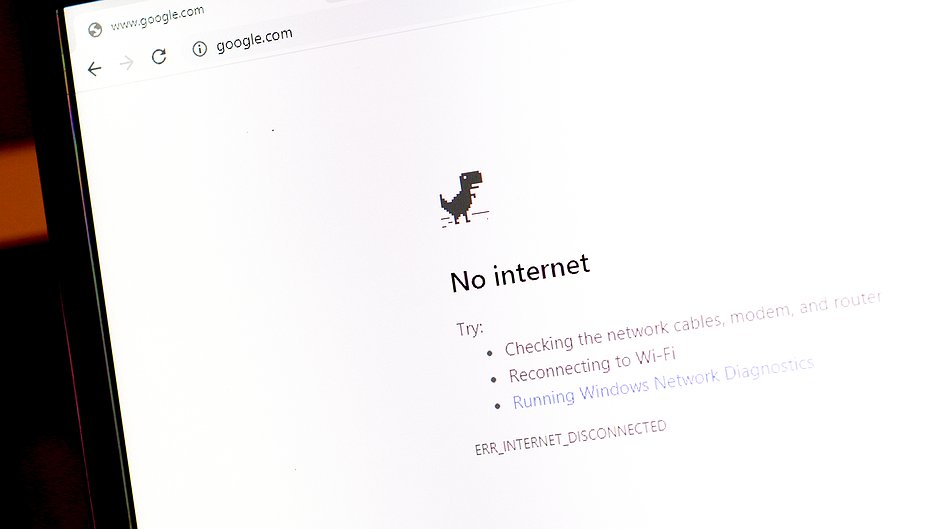
60 mins
Shutdown Academy
Introduction to Internet Shutdowns
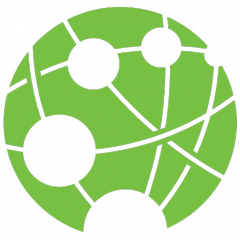 Access Now
Access Now
60 mins
Shutdown Academy
Introduction to Internet Shutdowns
 Access Now
Access Now
Suggested reading
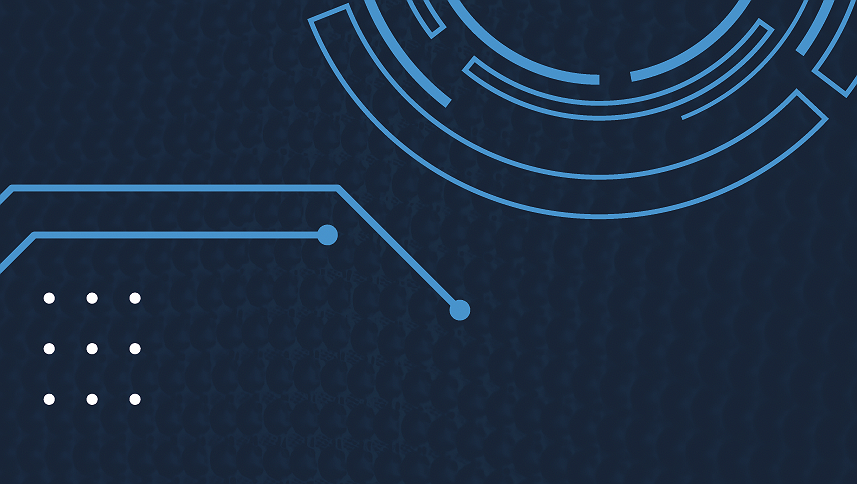
Blog
Building Capacity for Monitoring & Documenting Human Rights Violations
The purpose of this assessment is to evaluate the efficacy of strategies used by HRPs/HRMOs for communicating during blackouts. The goal of this project envisages to see a ZimbabweanCivilSociety that is prepared to document and monitor human rights violations without hiccups during internet shutdowns.

Blog
Advocacy Assembly Internet Shutdown Academy: Creative Strategies to Fight Back
Internet shutdowns are occurring increasingly globally, posing significant threats to freedom of expression, access to information & economic growth. These shutdowns manifest in various forms through different technical measures & are implemented by governments in various circumstances. Responding to this threat of internet shutdowns, Advocacy Assembly designed the Internet Shutdown Academy, a set of 10 full online courses in 7 languages!
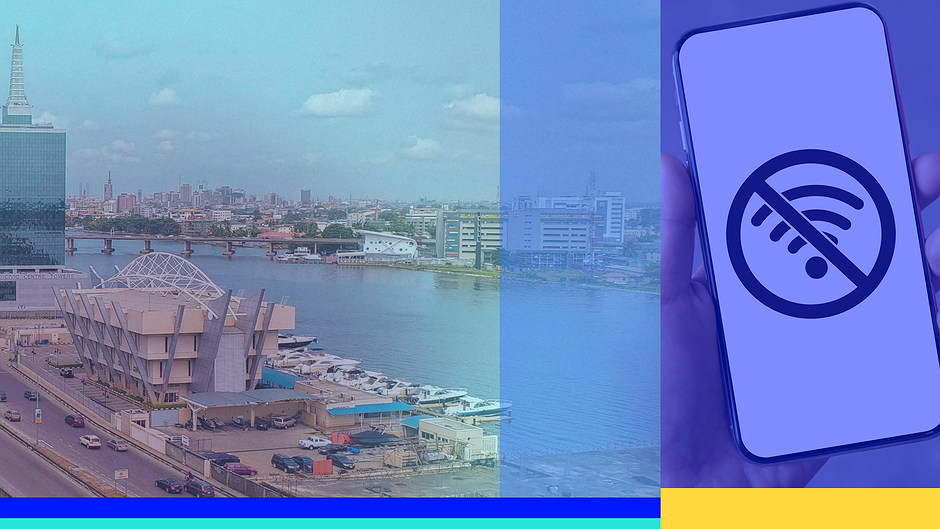
Blog
Evaluating the Efficacy of State-Imposed Telecom Shutdowns in Northwest Nigeria
This article casts doubt on the shutdowns' effectiveness in curbing banditry, exposing alternative explanations for any temporary decrease in attacks. It questions the legitimacy of justifying these shutdowns as effective counter-terrorism measures, advocating for alternative approaches that prioritize community engagement, human rights, and development initiatives to address the root causes of insecurity and foster lasting peace in Northwestern Nigeria and Nigeria at large.

Blog
Impact of the Twitter Ban in Nigeria
This post is a research study on the impact of the Twitter ban in Nigeria on Human Rights Monitoring, Advocacy and Creativity. Read more.
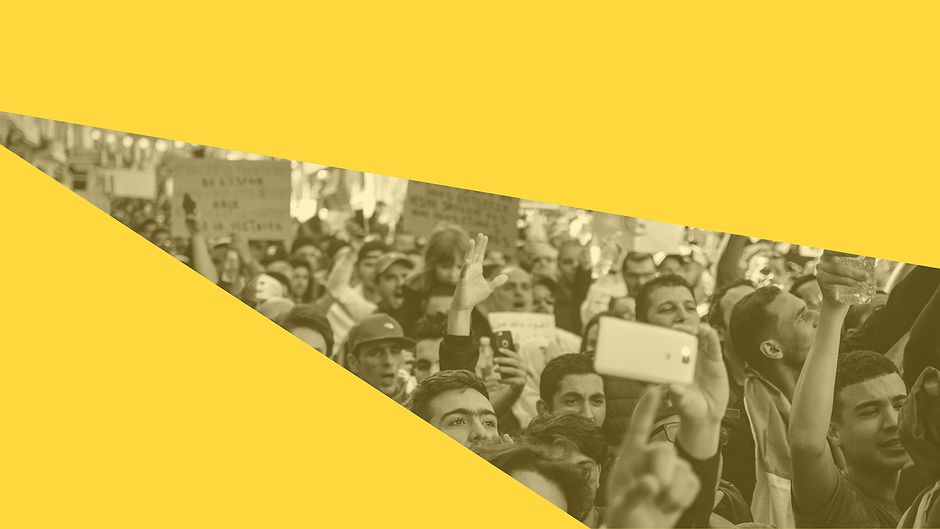
Blog
Four Free Toolkits to Fight Internet Shutdowns
Let’s tell you a little bit more about each toolkit!
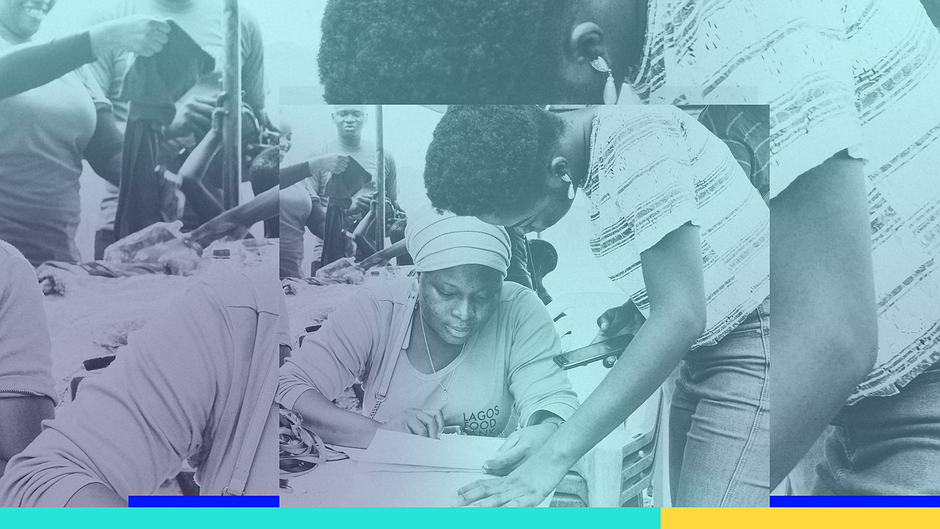
Blog
The Impact of Internet Disruptions on Farmers in Nigeria
In Nigeria’s Northwestern Sokoto State, farm workers grapple with geopolitical challenges, shifting climate realities, and economic turbulence. However, they now face a new, growing threat: a troubling rise in internet disruptions, which threatens their ability to work in an increasingly digitally connected world. Read more.
